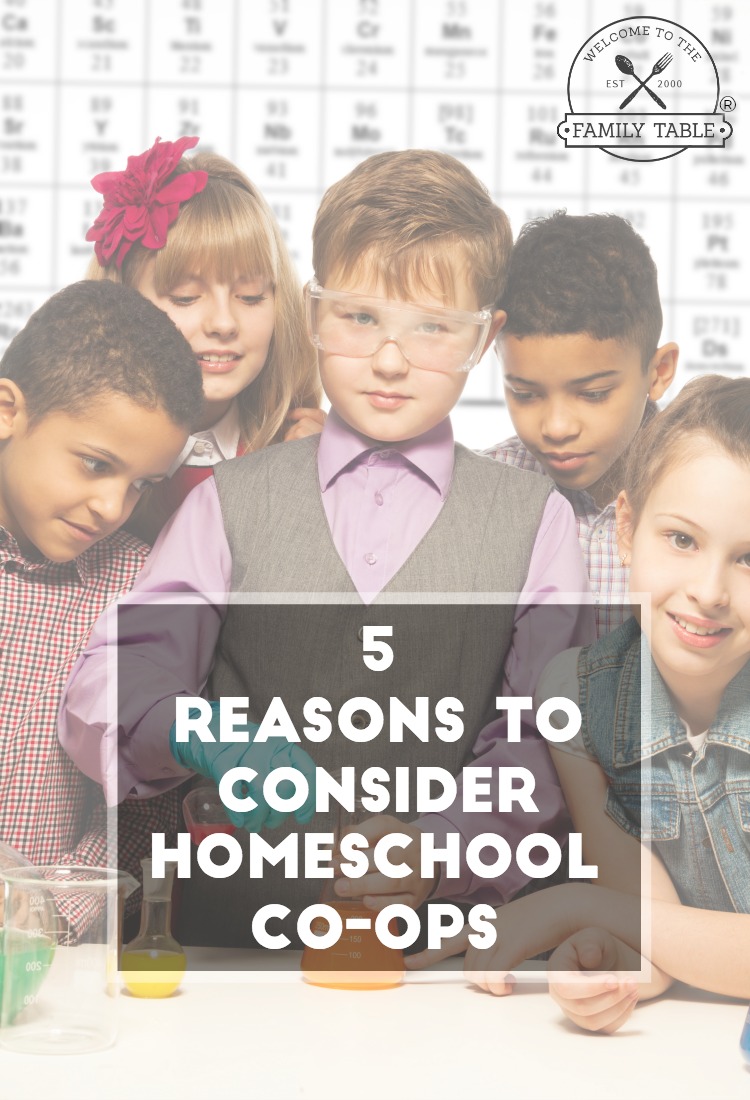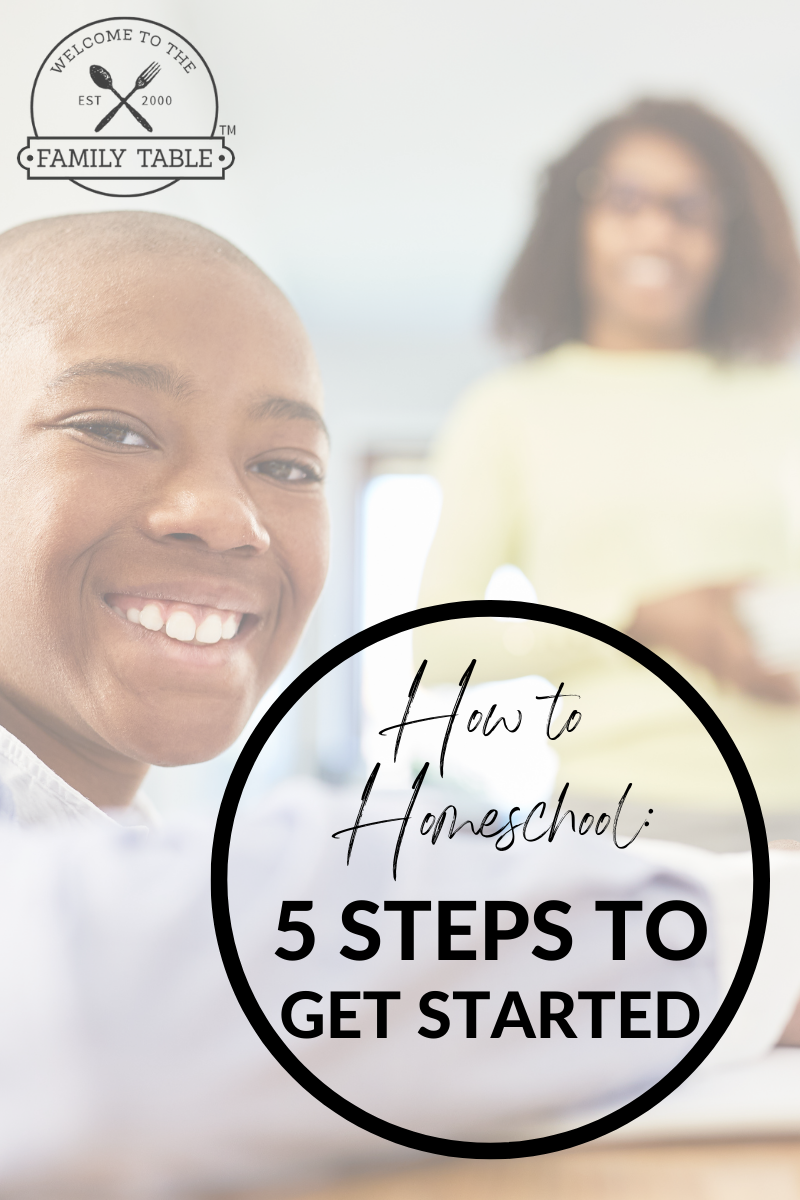Homeschooling a Child With Sensory Processing Disorder
Homeschooling a Child With Sensory Processing Disorder
Empathy. What is it exactly? Empathy is the experience of understanding another person’s condition from their perspective. You place yourself in their shoes and feel what they feel. This is something that I will admit I didn’t have much of. I was raised with a lack of empathy. When I became a wife, I didn’t realize I lacked it. I became a mom and still didn’t understand it was something I lacked. My husband would be so empathetic toward me, our children, and others. I was consoling and understanding to a degree. It wasn’t the degree that God had in mind for me.
When a child falls and bumps his knee, most moms rush to the child’s side and tend to them immediately. I was the mom that hurried to their side and observed the injury, kissed the boo-boo, and cleaned it up and treated it. Notice it wasn’t my child that I tended immediately, but the boo-boo itself? This was how I did things. I never knew I wasn’t doing it the way my kids needed. As I write this, I almost want to erase it, but there is a bigger reason for keeping it for you to read.
As I began raising my children with that lack of empathy, it was placed upon my heart to change. When my children weren’t feeling well, they wanted mom; when they got hurt, they wanted mom; when they were scared, they wanted mom; and when they felt lonely, they wanted mom. I’d cuddle them up and love on them until I refilled their “love meter.” They’d scurry off full of smiles and go about playing. I’m the mom that loves cuddling. I didn’t know that cuddling and being empathetic were different. My husband would kindly remind me that empathy is something we all need a little bit of. He needed me to be empathetic for him, for our kids, and for others. My husband would meet my emotional needs with empathy. I always loved that trait of his and thought it’d be neat to one day have it. The problem was that I didn’t know how to be empathetic. I believe it took God to lead me there. I needed bigger tools and bigger reasons to get me there in the time that He had planned for me.
I saw my child struggle with eating, chewing, interrupting others, needed constant hugs, crying when the tone I had with her was anything other than calm, shivering and shaking when someone else was getting scolded, plugging her ears when someone would shift back and forth in their chair, obsessed with certain things, and unable to focus on more than one thing at a time. I was at a complete loss. I kept asking myself what had I done wrong. I knew it had something to do with my lack of empathy. I just knew my husband was right all along; I needed to be empathetic. What was going on with my child?
I was ashamed to say anything. I tried to blame her for her behavior. She needed to chew her food properly and swallow it. She needed to stop chewing on her fingers and her clothing. I put so many demands on my child that it wasn’t until I found her entire lunch plate of pizza in the office trash under papers, that I realized something was wrong. She attempted to eat it, but couldn’t, and she hid it from me. It was then that God showed me that I was doing it all wrong. I stopped that day from being the mom without empathy. My life was completely transformed for my children that day. God placed this child in my life to show me how to be empathetic even when I thought I didn’t know how to. I scooped up my child and we cried together. We were both so confused and lost. I made it my purpose to find out what was going on with her. She’s not a victim of this disability. It just makes her sensational!
My journey with a child who has Sensory Processing Disorder has taught me a lot. I now know that empathy doesn’t come easily for many, but it’s there in all of us. We do our school day differently than those that don’t have this sensational experience we live with. The school work is done with quiet, no tv on for the little ones, no sounds but mom’s voice instructing, headphones for all digital devices to help with the noise, no running down the halls shouting with joy. We have quiet time everyday to bring everyone back to planet Earth, and we school with a lot of tools. I am by her side every step of the way for her school work. I tried in the beginning to run from this. I wanted her to be more independent with her school work. It backfired and she went recluse with all her work, even the subjects she enjoyed. It made everything we did fragile if I stepped out of her sight for just a minute. The tears would begin, the episode would sometimes spiral completely out of control, and our school day was done.
God showed me that my hand is there for hers to hold. I should give it to her and she can grasp it if she needs to. So for the next 3 years, I held my hand out to her. This journey isn’t mine or hers. It’s ours. I find pure happiness in her achievements now. She loves her studies and we’ve come along way together. I don’t expect her to read all her instructions alone; I will help. I need to build her up for this world. I’m her person to come to when life is just getting a bit confusing. I can scoop her up and squeeze her just right and reassure her that my life is so much more sensational with her in it. She beams from ear to ear. My daughter may be almost 10 but when I reach out my hand in the middle of a crowded place…
she grasps it.
Author Bio
Amanda is a servant of Jesus Christ. I am also a mom, with a wonderful husband of 10 years, and 3 precious children. Living in Tennessee, enjoying and sharing all the southern hospitality. Amanda enjoys research in many different topics and has always dreamed of becoming a journalist. Connect with her on her Facebook page.




Thank you Amanda, Your words are with great timing. And I can so relate to this post! We are finally figuring things out this year too and ha! the empathy thing is a tough one. I too am working on this one, getting better. Thanks for those sweet encouraging words and sharing a piece of your personal journey. 🙂
Thank you for taking the time to comment. I am so glad this was able to speak to you in the way that it did. I never knew that I’d feel alone in this journey. Opening my heart and giving a piece of my journey has helped me in this process too. Thanks again! 🙂
Thank you for trying to understand your daughter’s SPD. As a child, I grew up with SPD before it was a diagnosable thing, and was told over and over and over that it was all in my head. It took me many years to overcome that. Your daughter will have a huge advantage. If you would like to know how I have learned to keep mine managable as an adult, feel free to email me.
Thank you so much for your kind words. I’ve learned a lot from this experience. I’m thankful to God for showing me that my daughter needed me in a way I had to turn to him for. I remember the first thoughts of her behavior and thinking she was on a major acting out phase. The strangest part was it was completely unlike my daughter to be that way. As I began to see more & more signs of something far more than acting out, I researched. God gave me a researching heart! I am so glad I was able to STOP my way of thinking! I’d like to hear how you manage your life now. I want my daughter to know that this disorder doesn’t have to control her life. She is such an awesome understanding individual. She has no shame in explaining her disorder to anyone that questions her actions. Thank you again for opening up the invitation for me to hear how you do it.
Amanda-
As an adult, how I handle SPD varies. I have found good old diet and exercise to be key. If I exercise, the SPD doesn’t bother me as much. If I eat right, ditto. Some foods (sugar especially) are triggers for me, and before I know it…the SPD is overwhelming me. Low blood sugar/hunger is a big trigger. Then there are certain triggers I’ve had to figure out…for example the new “energy efficient” light bulbs (the spiral kind) affect me the same way florescent ones do: very badly! I usually have to just go outside to escape. When there are sensory inputs that I have no control over, the SPD flares up. For example, too hot or cold, pregnancy, or pain make the SPD hard to bear. Something that has really helped me in those cases are deep muscle massage on a weekly basis. Another situation that’s difficult for me is traveling in a vehicle…too much stimuli, and I usually have to spend about 1/2 hour in a quiet place, recovering before I can function normally after following time in a vehicle. One of the biggest helps for me, one your daughter already is taking advantage of, is knowing it’s not all in my head, and that there are other people like me out there.
It helped me so much when I finally understood that SPD is an ABnormal fight or flight response to normal stimulation. For example, my children have learned that if they flick a light switch off and on multiple times, Mommy will either run screaming from the room or come at them ready to chop their sweet little fingers off! (Just joking…sort of!) I really do have a physical response to that…shortness of breath, fast heart rate, pounding in my ears, adrenaline rush, beginnings of hyperventilation. So I get the light switch in one position or the other, take a few deep breaths, check myself to see if I need some food, say a silent prayer, and carry on!
Most of all, what helps me is to be surrounded by understanding people. How lucky your daughter is to have a mother like you! Apparently when I was a child, beginning as a young baby, I would hold my breath until I passed out…to escape the overstimulation. A doctor told my mother I was just trying to get attention, and I should be ignored or disciplined! You are a true blessing to your daughter…thank you!
Thank you for sharing this! I have a son with SPD. It is so hard to understand him and what he is going through. I think this helps a lot. There are things that probable bother him that he doesn’t realize and that I never thought of!
For me, helping OTHERS understand is hard, too. People still do not want to think SPD is real, but rather you are a bad parent, they’re a strong-willed child, etc.
I really appreciate all the feedback and articles, etc, out there now. It is so helpful to a momma like me. 😉
Hi Amanda : ) I really enjoyed this post. I have a 3 and a half year old little boy with SPD who I plan on homeschooling. I look forward to hearing more about you and your daughters journey. May God bless you both my dear sister in Christ!!!
Lindsey H.
Thank you Lindsey for the kind words! I questioned submitting this post several times when I finally just felt it would benefit some families. I’m so glad I did. I can’t wait to let our journey unfold through this blog with you readers. 🙂